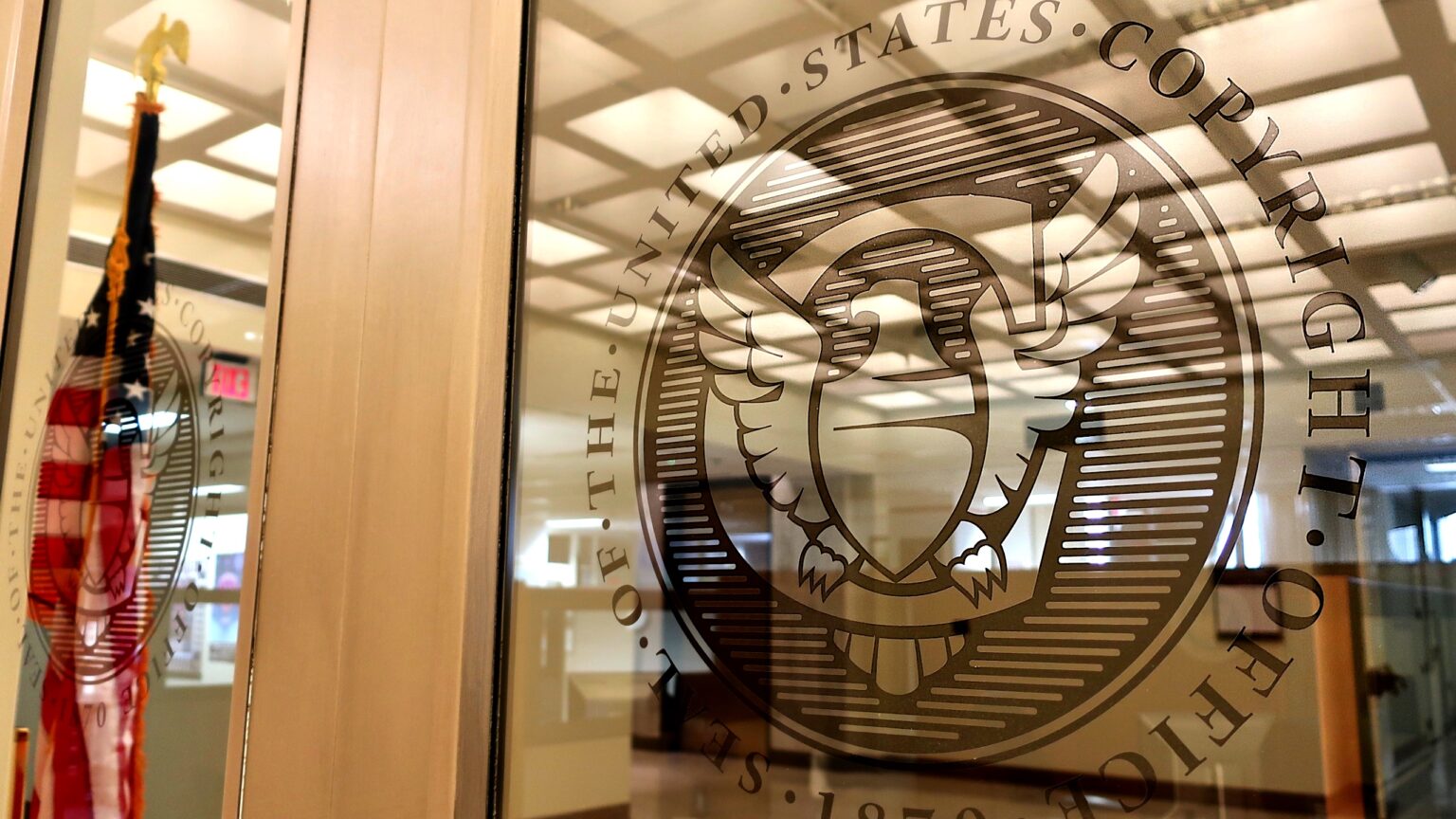Artists from various industry genres are bombarding the US Copyright Office with calls for quick copyright reforms as AI use in the arts industry keeps growing.
From country musicians, authors, voice actors, publishers, and video game artists, the consensus is the same: quick and clear regulation on AI use in the sector and protection of their patents. Despite its transformative ability, artists also feel generative AI is turning out to be a “plagiarism machine” and a gun in “the wrong hands.”
Also read: Ethereum Name Service Dev Blasts Unstoppable Domains’ Web3 Naming “Patent Ambush”
A thousand letters
The artists and other stakeholders have submitted thousands of comments to the Copyright Office, backed by big music and news publishers who feel there is “thievery” being practiced through generative AI. They are concerned AI will continue to replicate them without their knowledge and without compensating them.
“Please regulate AI. I’m scared,” wrote one podcaster who is worried about AI replicating his voice. This is just one of the thousand letters submitted to the US Copyright Office.
US register of copyrights Shira Perlmutter told the Associated Press that her office is assessing if copyright reforms are needed for a new era of generative AI tools “that can spit out compelling imagery, music, video, and passages of text.” But in the meantime, they are listening to the submissions coming from the artists.
“We’ve received close to 10,000 comments. Everyone of them is being read by a human being, not a computer. And I myself am reading a large part of them,” she said.
Last year, the Copyright Office registered more than 480,000 copyrights, which covered millions of individual works.
However, requests are also coming in for the authorities to register AI-generated works. This comes as fully AI-generated content has been rejected as the copyright laws are meant to protect human-made content.
The big question
But humans are responsible for feeding information into AI systems with instructions that influence the final content.
For this reason, Perlmutter posed the question:
“Is there a point at which there’s enough human involvement in controlling the expressive elements of output that humans can be considered to have contributed authorship?”
Her organization also posed the bigger question of “what to do about copyrighted human works that are pulled from the internet and other sources and ingested to train AI systems, often without permission or compensation.”
This generated thousands of responses from creative professions, with over 9,700 comments submitted to the Copyright Office, part of the Library of Congress, before the initial comment period closed last month.
According to Japan Today, another round of comments is due on Dec. 6, after which the Copyright Office will advise Congress on whether reforms are needed.
The largest copyright violation
Actor and filmmaker Justine Bateman said it was disturbing to note that AI models can ingest “100 years of film” and TV in a manner that could kill the structure of the film business and replace it with large portions of its labor pipeline.
She said this looked like the “largest copyright violation in the history of the United States.”
“I sincerely hope you can stop this practice of thievery,” she wrote.
Television showrunner Lilla Zuckerman also shared the same views, adding her industry must “declare war” on what is “nothing but a plagiarism machine.”
While artists also acknowledge that generative AI has the potential to do good in the music industry, they also need to be cautious about it.
“It’s like a gun—in the wrong hands, with no parameters in place for its use, it could do irreparable damage to one of the last true American art forms,” said Marc Beeson, who has written tunes for Carrie Underwood and Garth Brooks.
What are tech firms saying?
According to Japan Today, while artists are largely concerned, tech companies seem comfortable with the status quo. It has enabled them to use published work to make their own AI systems “better at mimicking what humans do.”
Leading tech firms like Google, Microsoft, and OpenAI, however, say their AI models’ training fits into the “fair use” doctrine, enabling them to make limited use of copyrighted work for teaching or research.
“The American AI industry is built in part on the understanding that the Copyright Act does not proscribe the use of copyrighted material to train generative AI models,” reads a letter from Meta Platforms.
The letter adds that the purpose of AI training is to identify patterns “across a broad body of content,” not to “extract or reproduce” individual works.









 and then
and then